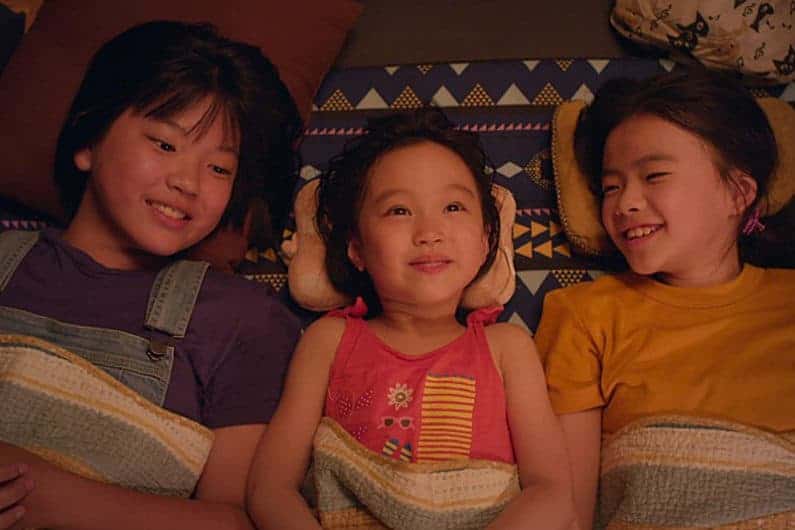“Mr Six” is one of these extremely rare films where commercial success (more than $137 million at the box office) is combined with artistic excellence (awards in a plethora festivals), in a combination that results in one of the best productions of the latest years.
Watch This Title
The movie tells the story of elder, former criminal Xuejun, who is known in the underworld as Mr. Six and is currently in hiatus, enjoying the respect of both authorities and gangsters alike, and acting as the peacekeeper of his neighborhood, along with former associates Scrapper and Lampshade and his love interest, Chatterbox.
Eventually, his son Bobby makes the grave mistake of sleeping with Kris's girlfriend, who is the leader of a drag-racing gang, and even scratching the door of his Ferrari. The particular gang may be consisted of 20-something members that look and dress like movie stars; however, their fathers' money allows them to hire a number of henchmen who do their dirty work, including the kidnapping of Bobby. Mr Six finds himself in a bind, as he has to raise the money to pay Kris, in order to let his son go, but when another relative of his is involved and Mr Six finds himself sick, things take an even worse turn for everybody involved.

Guan Hu could easily shoot an action film that focuses on the battles between the old and new criminals; however, he decided to direct the film toward Mr. Six's character and focus on realism, particular through two axes: His relationship with his estranged son, and the realization that the world has changed significantly, outside of his microcosm. At the same time, some secondary social comments deal with male friendship, the difference of values between the previous and the current generation, and the place of women in society.
In that fashion, some of the most distinct scenes take place when the protagonist reconciles with his son, when he is philosophizing with his former comrades and Chatterbox, and when he watches an ostrich sprint its way through traffic in a central road, in a highly surrealistic scene.
The sole flaw I found on the narrative is that it lags a bit towards the end, where it also becomes somewhat melodramatic, in a style though, that fits the general aesthetics of the movie.
Feng Xiaogang is sublime in the titular role, as he presents a multi-leveled character, whose opposing characteristics make him contradictory, at least until his real self is revealed. In that fashion, Mr Six is hard on his son but loves him deeply, he appears fearless in front of any kind and size of enemy but is scared of hospitals, he is dignified but could also be characterized as a righteous ass. Xiaogang manages to portray all these characteristics impressively, in a wonderful performance that netted him the Best Leading Actor Award from the Golden Horse Film Festival.

Kris Wu as Kris emits a rock star aura that suits the persona of the despicable villain quite nicely, while Li Yifeng is quite good as Bobby, a man who hates his father but at the same time, longs for his presence. The scene where the two reconcile the way males do (through fighting that is) is the highlight of his performance. Xu Qing is great as Chatterbox, as she portrays a tough woman, who “melts” in the presence of her love interest.
Luo Pan's cinematography captures the differences of the slums Mr Six lives and the “new world” which is inhabited by spoiled brats like Kris and young men with no purpose in life like Bobby with elaborateness. His camera work finds its apogee in the scenes in the frozen lake and particularly the finale, in a majestically shot sequence. Zhang Wen's editing allows the film to flow smoothly, sometimes faster sometimes slower, according to the context of each scene.
“Mr Six” is a great film that thrives through its direction and acting, and a true must-watch for everyone.

















Awesome film
seriously?
Yeah check it out
:/